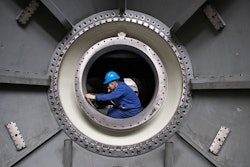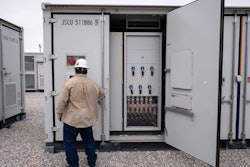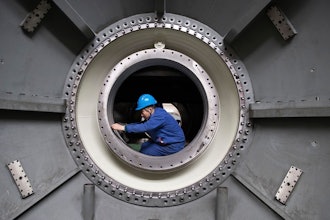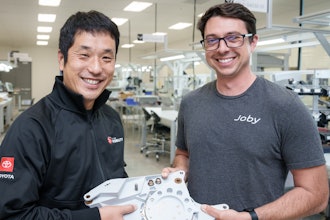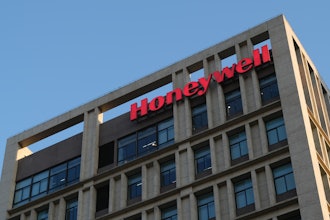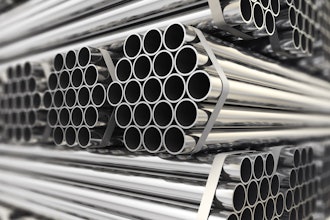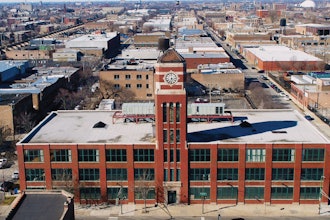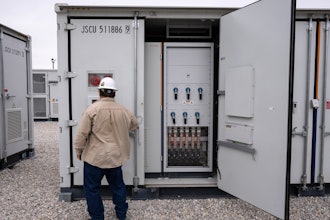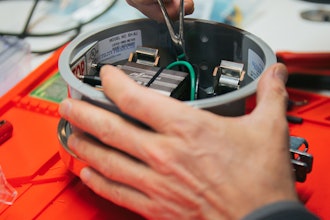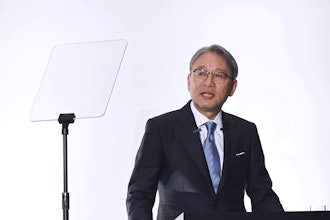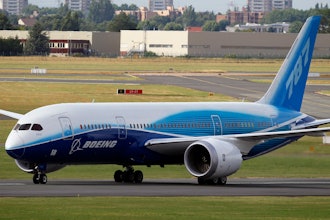
FRANKFORT, Ky. (AP) — An aluminum company planning to build a $1.7 billion plant in Appalachia has hired a longtime metals industry executive as its CEO as it tries to complete financing for the massive mill project.
Don Foster, who will serve as CEO and acting president of Braidy Industries, brings more than 40 years of experience to his new role, the company said Tuesday.
Braidy underwent a management shakeup this year when company founder Craig Bouchard was abruptly removed as CEO. The company said it was displeased with the “status of financing” for the project and had other concerns about his performance. Bouchard sued the company, but the two sides reached a settlement recently that severed his ties with Braidy.
Foster's long career included serving as an officer at United States Steel Corp. He managed $1.2 billion in international revenue, doing business in 40 countries, as president of United States Steel International.
Braidy Chairman Charles Price said there's “no one better" to lead the company than Foster. His appointment comes at a crucial time, as the company tries to wrap up financing for the mill project.
“Don is the best of the best in metals, and we are excited to give him the reins to make Braidy happen,” Price said.
Braidy says its planned mill in northeastern Kentucky is projected to create more than 1,000 constructions jobs, 550 full-time mill jobs and thousands of indirect jobs in the region. The company said recently it was closer “than ever before” to finalizing financing for the planned mill.
Foster didn't offer an immediate timeline on wrapping up financing.
“I wouldn’t be bold enough to put a stake in the ground on a date, but I’ve seen some momentum and I’m encouraged," he said. “I think once you see one or two of the smarter strategic and financial houses declare their investments, you’ll build momentum.”
Kentucky taxpayers have a direct stake in Braidy’s plans to build the aluminum rolling mill near Ashland, Kentucky. Former Gov. Matt Bevin persuaded Kentucky lawmakers to approve a $15 million state investment in the project.
.





